CETEX -IWP
Price 250 INR/ Kilograms
CETEX -IWP Specification
- Shape
- Liquid
- Ph Level
- 7 - 8
- Smell
- Odourless
- Form
- Liquid
- Other Names
- IWP, Waterproofing Compound
- HS Code
- 3824
- Density
- 0.02 Gram per cubic centimeter(g/cm3)
- Solubility
- Dispersible in water
- Taste
- Odourless
- Storage
- Store in cool, dry place; avoid direct sunlight
- Purity
- 100% Active Ingredients
- Poisonous
- Yes
- Classification
- Waterproofing Admixture
- Chemical Name
- Integral Waterproofing Compound
- Grade
- Construction Grade
- Standard
- Complies with IS 2645
- Type
- Waterproofing admixture
- Usage
- For reducing water permeability in concrete and cement structures
- Main Material
- Blend of selected additives
- Application
- Other
- Safety Precautions
- Non-toxic, non-corrosive, eco-friendly
- Appearance
- Clear to pale yellow liquid
- Dosage
- 100 - 150 ml per 50 kg cement
- Key Benefits
- Prevents water ingress, increases durability, does not alter workability
- Shelf Life
- 12 months from date of manufacturing if stored properly
- Compatibility
- Compatible with all types of Portland cement
- Packaging Size
- Available in 1kg, 5kg, 20kg, 50kg, 250kg
CETEX -IWP Trade Information
- Minimum Order Quantity
- 20 Kilograms
- Main Domestic Market
- All India
About CETEX -IWP
Advantage
- It significantly improves the workability of the concrete mix. In presence of the admixture, the slump value increases resulting in ease of placing the concrete mix.
- Addition of the admixture can reduce the water content of the concrete mix by 40% or more, which results in more dense concrete, thereby increasing the compressive strength. This improves the durability, impermeability and frost & water resistant properties of the mix.
- It decreases the amount of vibration required and it significantly reduces the risk of segregation.
- Economics in mix design can be achieved by reducing cement usage.
Properties
| Type | Modified Sulphonated Naphthalene Formaldehyde Condensate (SNF) |
| Colour | Dark Brown/Black liquid |
| Specific gravity | 1.20 +/- 0.02 at 25OC |
| Chloride Content | Nil |
| Nitrate Content | Nil |
Mechanism
When Portland cement is mixed with water, the cement agglomerates stick to each other due to insufficient mutual electrostatic repulsion. With the presence of CETEX-IWP, the attraction between the particles is reduced and the cement particle disperse, hence a more cohesive and consistent mix is achieved.
Dosage
150 400 ml per 50 kg of cement is recommended. However, field trials should be conducted to determine the optimum dosage to achieve the required condition of the mix.
Usage
CETEX-IWP should be added to the concrete mix during the mixing cycle after addition of water.
Never add the admixture to the dry mix.
Packing
CETEX-IWP is available in 25, 60 or 250 kg pack or bulk. Store in frost-free condition away from sunlight or extreme heat. For best result, use within one year.
Designed for Effective Waterproofing
CETEX -IWP is engineered as a construction-grade waterproofing compound, offering a reliable solution for reducing water permeability in concrete structures. Its advanced blend of additives actively prevents water ingress, helping protect the integrity of the structure and extend its lifespan.
Flexible Packaging and Simple Application
Available in 1kg, 5kg, 20kg, 50kg, and 250kg containers, CETEX -IWP provides convenience for projects of all scales. With a straightforward dosage of 100-150 ml per 50 kg cement, application remains consistent and effective, ensuring ease of use for professionals and distributors alike.
Safe, Eco-Friendly, and Compliant
This waterproofing admixture is non-toxic, non-corrosive, odourless, and formulated with eco-friendly materials. CETEX -IWP meets the IS 2645 standard and contains 100% active ingredients, making it a safe choice for diverse construction environmentsfrom residential to commercial projects.
FAQs of CETEX -IWP:
Q: How should CETEX -IWP be used during concrete mixing?
A: CETEX -IWP should be dosed at 100-150 ml per 50 kg of cement and mixed directly with the gauging water. Ensure uniform dispersion by blending thoroughly to achieve optimal waterproofing effectiveness.Q: What are the main benefits of applying CETEX -IWP to cement structures?
A: By incorporating CETEX -IWP into concrete, you effectively reduce water permeability, enhance structural durability, and maintain the original workability of the mix, all while complying with IS 2645 standards.Q: When is the ideal stage to add CETEX -IWP to cement or concrete?
A: It is recommended to add CETEX -IWP during the water addition process when preparing the cement mixture to ensure even distribution and maximum waterproofing performance.Q: Where can CETEX -IWP be purchased in India?
A: CETEX -IWP is available through dealers, distributors, exporters, manufacturers, producers, retailers, suppliers, traders, and wholesalers across India, catering to both small and large-scale construction needs.Q: What is the recommended process for storing CETEX -IWP?
A: To maintain product quality, store CETEX -IWP in a cool, dry place away from direct sunlight. If stored under proper conditions, it remains effective for up to 12 months from the date of manufacturing.Q: Is CETEX -IWP compatible with all Portland cement types?
A: Yes, CETEX -IWP is fully compatible with all grades of Portland cement, making it suitable for a wide range of construction projects.Q: Does CETEX -IWP pose any safety risks during use?
A: CETEX -IWP is non-toxic, non-corrosive, and odourless, ensuring it is safe for use in any environment without additional safety concerns.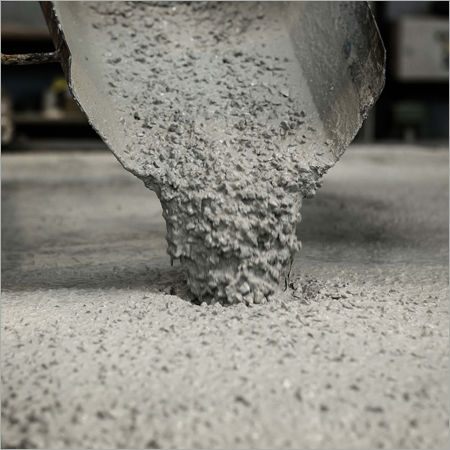

Price:
- 50
- 100
- 200
- 250
- 500
- 1000+
More Products in Silicates Category
Potassium Lithium Silicate Densifier
Price 150 INR / Kilograms
Minimum Order Quantity : 20 Kilograms
Taste : Odorless
Form : Liquid
Grade : Industrial Grade
Poisonous : No
Lithium Silicate
Price 300 INR / Kilograms
Minimum Order Quantity : 20 Kilograms
Taste : Odorless
Form : Liquid
Grade : Industrial Grade
Poisonous : No
Potassium Silicate
Price 45 INR / Kilograms
Minimum Order Quantity : 60 Kilograms
Taste : Odorless
Form : Liquid
Grade : Industrial Grade
Poisonous : Yes
Nano Silica
Price 80 INR / Kilograms
Minimum Order Quantity : 50 Kilograms
Taste : Odorless
Form : Liquid
Grade : Industrial Grade
Poisonous : Yes


 Send Inquiry
Send Inquiry
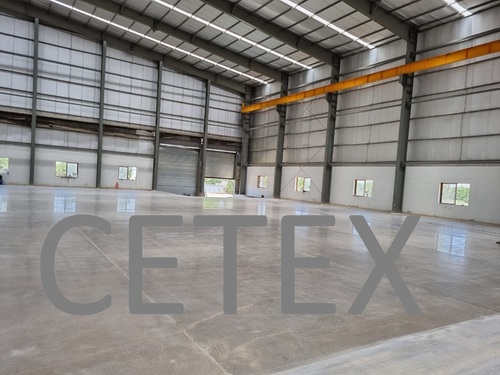
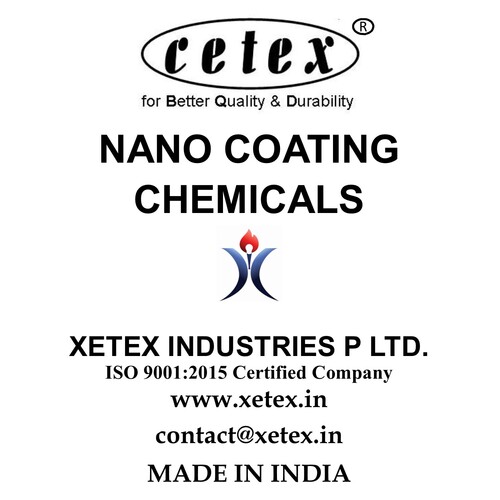
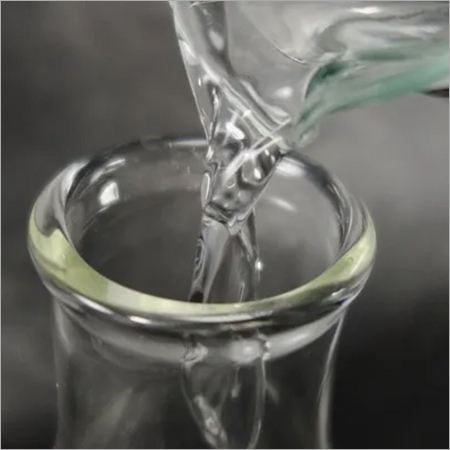
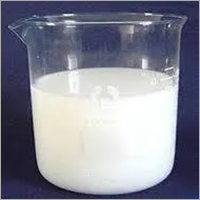


 Send Inquiry
Send Inquiry Send SMS
Send SMS